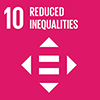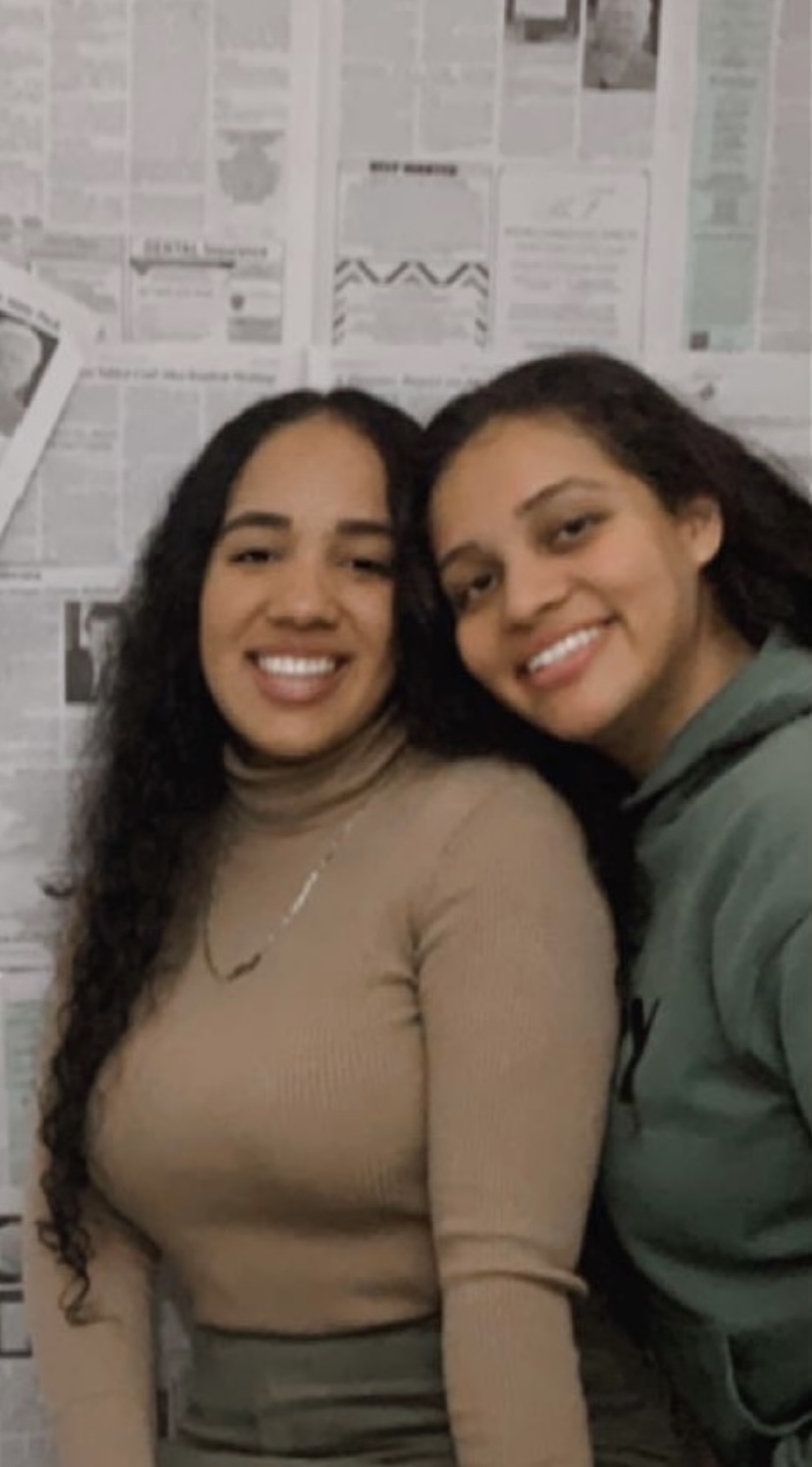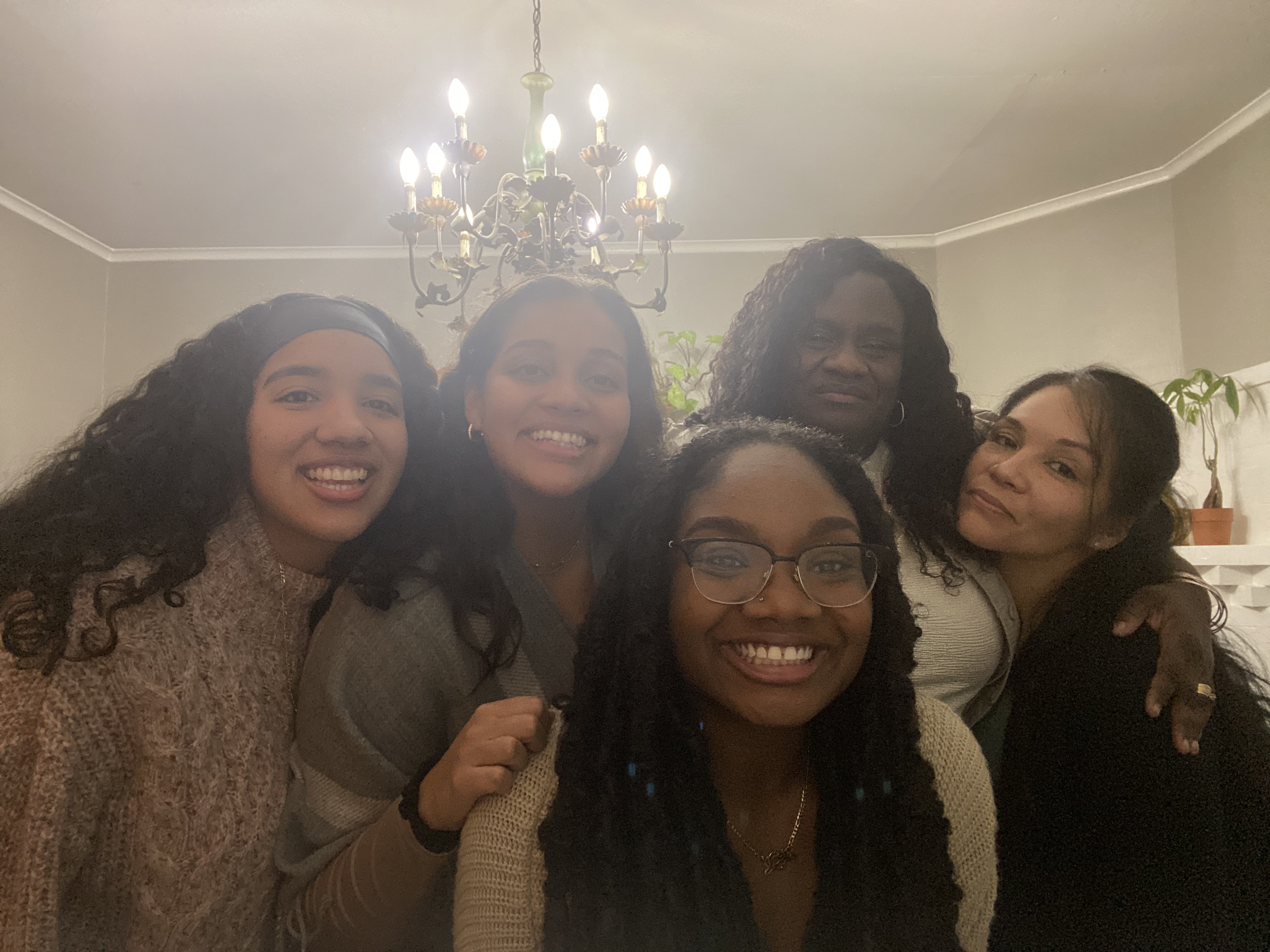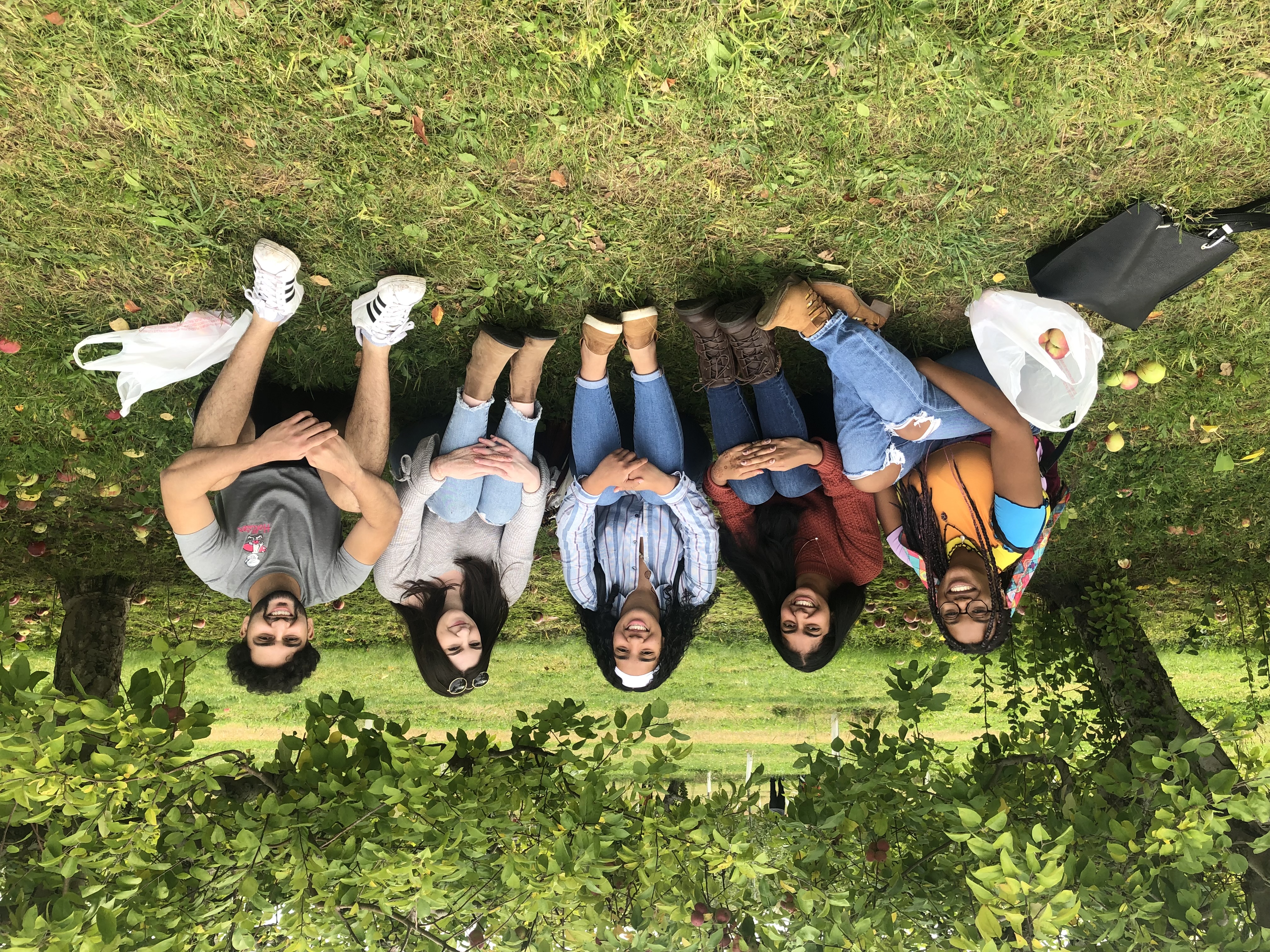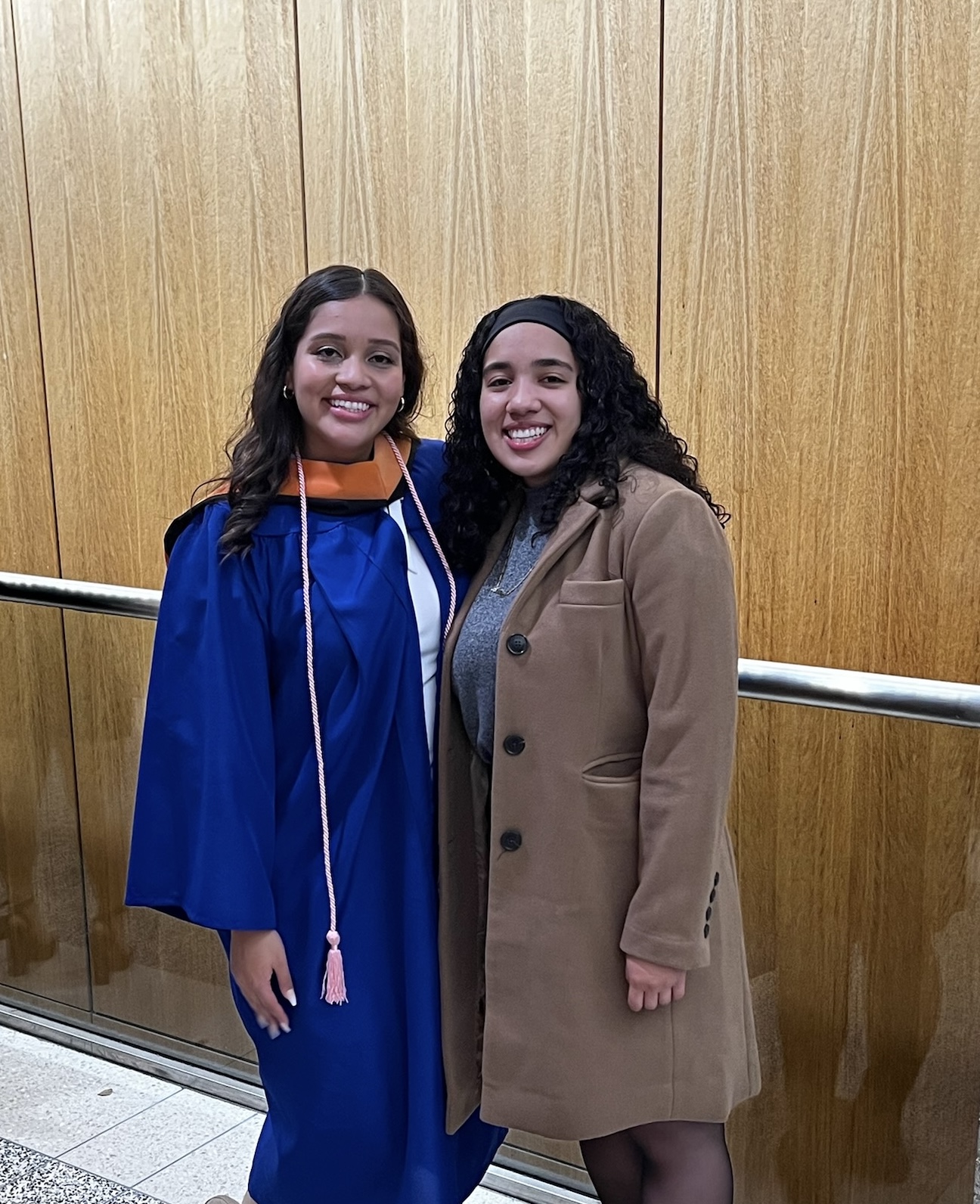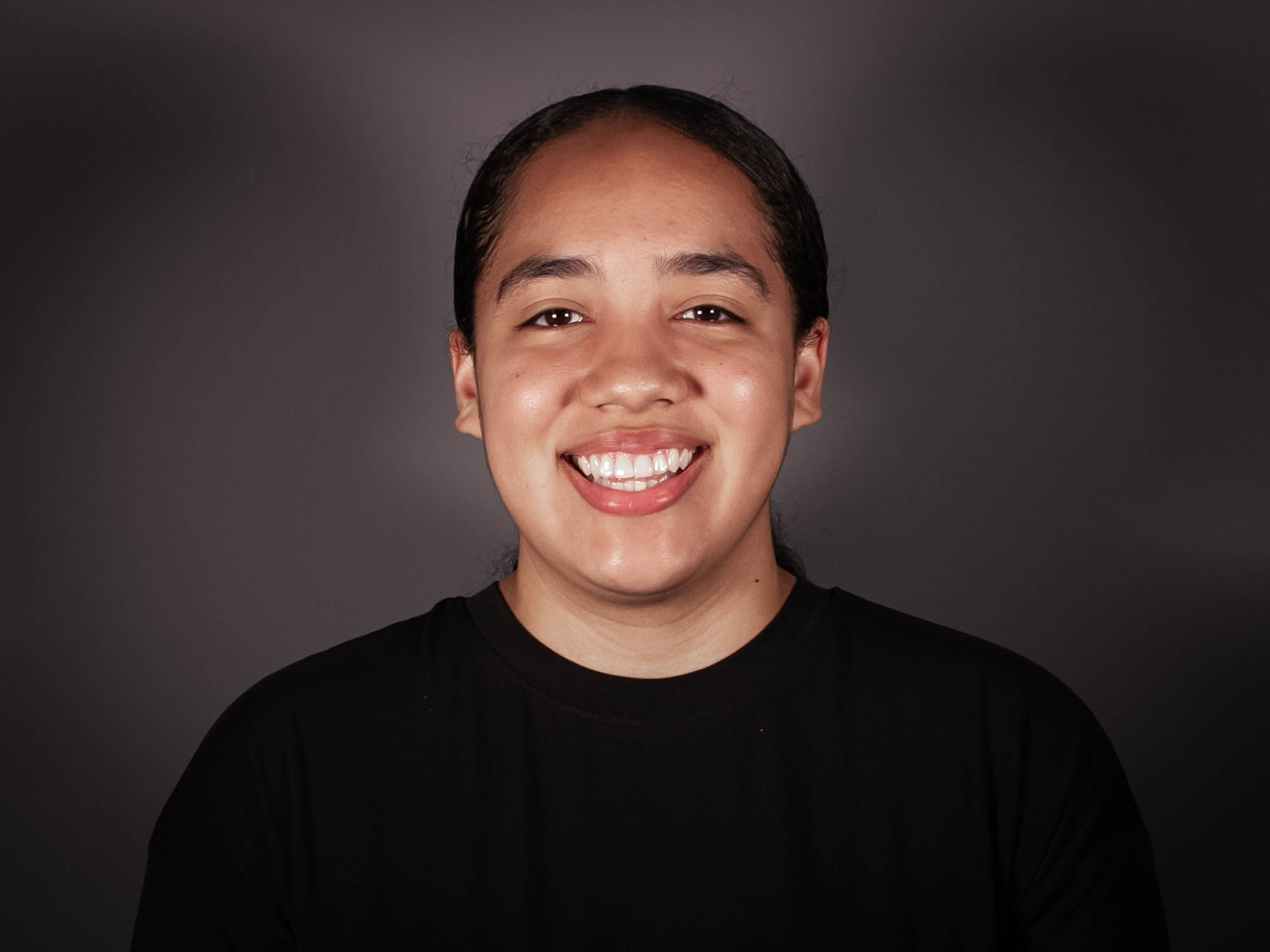
CEE Spotlight: Ashley Perez
By CEE DEI Committee
Hometown/County: Westchester County, NY
What drew you to Civil and Environmental Engineering?
From a young age, I was always interested in the ways things work, I would often take things apart and put them back together. The world around me was and always will be a fascinating thing to explore. I was drawn to environmental engineering because as a child I loved playing outdoors and exploring nature. In environmental engineering, the engineers are not running the show the environment is and we are simply discovering ways to coexist with the natural world. The past ways in which humans interacted with the environment have led to the world we live in today- extreme climate abnormalities and environmental injustice. Civil and environmental engineers are tasked with ensuring public welfare, it is a burden and a blessing.
How did/does your identity influence your decision to pursue engineering/STEM?
I’m a black Hispanic woman and first-generation college student, I expected that I was not going to see many people that looked like me in my engineering classes- this was and still is a hard pill to swallow. Deep down I’m still just a kid who is intrigued by how the world works, but I understand that I see the world very differently compared to my classmates. Part of the reason I’m motivated to pursue engineering is that I know I could be a role model for future black engineers. Another reason is to be an advocate for marginalized communities because my family comes from those forgotten neighborhoods.
How did your lens on diversity, equity, and inclusion take shape both as you grew up and as you entered adulthood and academia?
Growing up in the suburbs outside of New York City, I found myself trying to assimilate into that suburban culture, but I never wanted to let go of my roots. I come from working class immigrants who made their “American dream” come true, I felt I was doing an injustice to them by not representing our culture and latinidad. During my undergraduate career I found great value in DEI as I was often the only black student in the room. As engineers we solve highly complex problems and I learned that you cannot thoroughly solve these problems without having a diverse perspective. Prioritizing DEI is to prioritize a healthy society.
What positive experiences have you had at CMU that you would hope others would have?
At CMU I’ve had the ability to find a great group of classmates and friends that even on the hardest most stressful days we’re able to find something to laugh about. CMU being a small school, you see a lot of the same people frequently and you’re able to develop a little community amongst each other. I’ve also had great experiences with my advisor, Dr. Nock, who has made me feel seen as an engineer and the person behind that engineer.
In your position, how do you advocate for inclusion?
I focus on sharing my story (the good and the bad) as a means to inspire and mentor future generations of black engineers.
Do you have any advice for incoming (students, faculty, or staff)?
To incoming students of color: Take a step out of your comfort zone and you will find a great community of peers.
